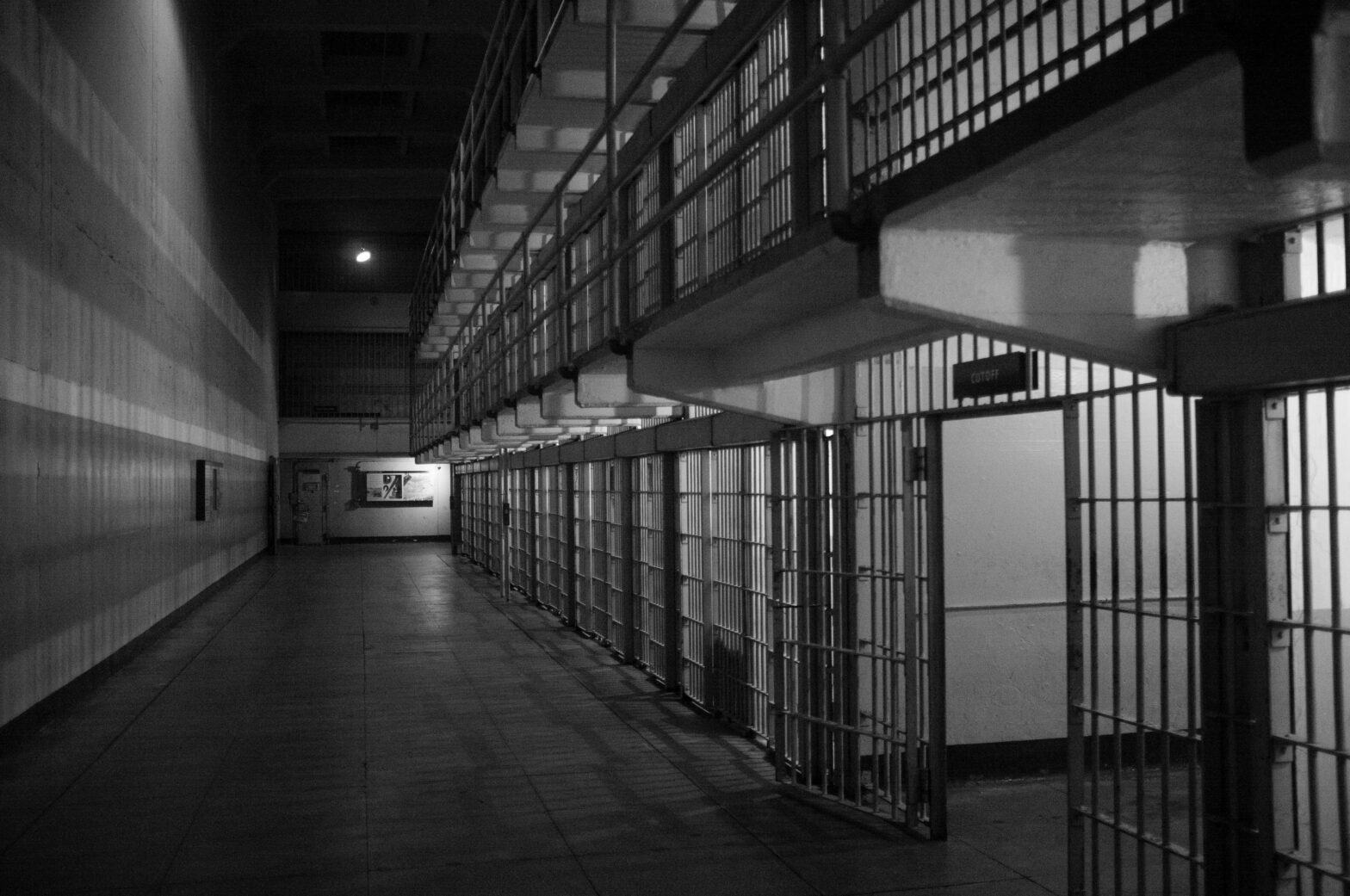Drug Treatment under Proposition 36 may still be Available after Previous Failures in California – PC 1201.1
In a recent California Court of Appeal case that should be of interest to anyone who has previously failed to complete drug treatment under Proposition 36 “Drug Treatment” laws¹, the court held that prior refusals to complete treatment does not disqualify eligibility in a future case.
People v. Juhasz, California Court of Appeal, 3rd Appellate Dist., 2013

In July 2010, Zefram Lajos Juhasz was convicted of possession of methamphetamine. His prior convictions in 2002 and 2004 for drug possession included two unsuccessful attempts at Proposition 36 treatment. The trial court concluded that defendant was ineligible for Proposition 36 treatment because he had refused treatment and that he was “unamenable” to treatment pursuant to PC 1210.1(b)(5). He was sentenced to serve 16-months in prison.
The Court of Appeal noted that the intent of Proposition 36 is to provide continued treatment for nonviolent drug offenders and that such offenders often initially fail. The court held: “[W]e conclude that a defendant’s refusal of drug treatment in a prior case or cases cannot be used pursuant to subdivision (b)(4) to exclude him or her from Proposition 36 treatment in a different case.”
What do Penal Code Sections 1210.1(b)(4)-(b)(5) Say?
PC 1210.1(b)(4) states that if you refuse drug treatment as a condition of probation under Proposition 36, you are not eligible for this form of alternative sentencing. Therefore, you are subject to imprisonment up to three years in jail for a non-violent drug possession conviction.
PC 1210.1(b)(5) says that you are ineligible for drug treatment under Proposition 36 if you have two or more separate convictions for nonviolent drug possession crimes, and you have participated in two separate courses of drug treatment under PC1210.1(a). However, the law also provides that you must be found “unamenable” by the court to any and all available treatment. Unamenable means you are either uncooperative or unresponsive.
Further, the court must establish that you are unamenable by a “high probability.” This is a standard of proof known as “clear and convincing evidence.” A knowledgeable drug crimes attorney at Wallin & Klarich may be able to demonstrate that the evidence does not meet this standard of proof. If you are successful, you would still be eligible for Proposition 36 drug treatment as an alternative to having to serve jail time.
You May be Eligible for Drug Treatment under Proposition 36 if You’ve Previously Failed Treatment
As the case above illustrates, the trial court did not give consideration in the defendant’s current drug possession case as to what treatment might now be available to him within the meaning of Penal Code Section 1210 (b). The court had received a request by the defendant for inpatient or residential treatment because he felt that was what he needed. The court disregarded his request, as if to suggest that no matter the defendant’s chances for success in the future, his prior failures disqualified him from any further treatment attempts.
The Court of Appeal held that this logic is contrary to the Legislative intent of Proposition 36. In this example, the defendant’s prison sentence was overturned and the trial court was ordered to reconsider his placement in a Proposition 36 drug treatment program.
How the Drug Crimes Defense Attorneys at Wallin & Klarich Can Help
If you or a loved one has been unsuccessful in the past at drug treatment under Proposition 36, you may still be able to avoid going to jail on a new drug possession charge. That is why it is so important that you contact one of our experienced drug crimes defense attorneys today. At Wallin & Klarich, our dedicated attorneys have over 40 years of experience in handling all types of drug-related cases.
With offices in Los Angeles, Sherman Oaks, Torrance, Tustin, San Diego, Riverside, San Bernardino, Ventura, West Covina and Victorville, Wallin & Klarich will give you the personal attention you deserve so that all of your options are protected. We will examine all of the evidence against you to determine whether or not your current charge(s) can be reduced or dismissed. If not, we will argue that your past failures at completing drug treatment don’t meet the standard of proof required to make you ineligible in the future. Alternative sentencing may still be an option for you. We will do everything possible to prevent you from being sentenced to jail.
Call us today at (877) 4-NO-JAIL or (877) 466-5245 for a free telephone consultation. We will get through this together.
¹Penal Code Section 1201.1 (PC1201.1)



